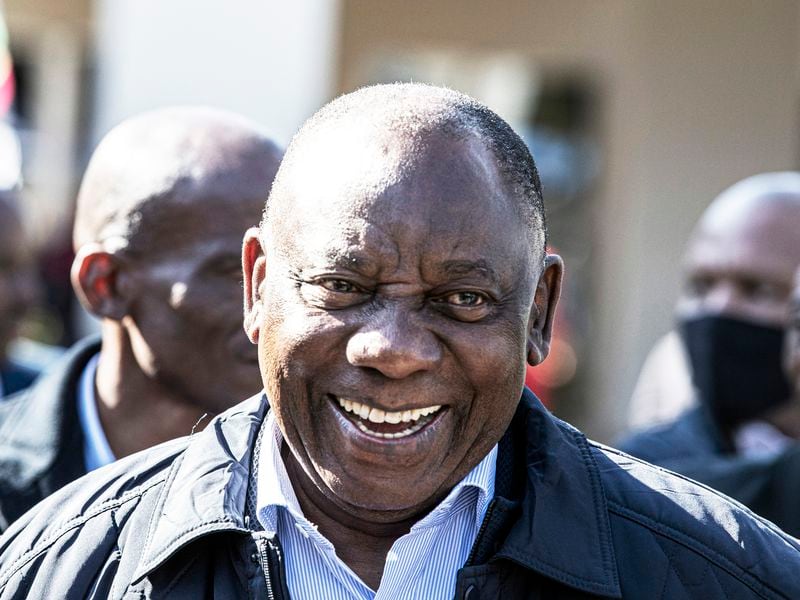South African President Cyril Ramaphosa of the African National Congress (ANC) party was re-elected on Friday, and will lead the country's first multi-party coalition government.
The ANC managed to secure only 159 seats in this the election, short of the 200 seats required for a majority. After days of back-and-forth discussion, they announced the formation of a fragile coalition government – dubbed the government of national unity – with their biggest opposition party, the centrist Democratic Alliance, as well as the Inkatha Freedom Party and the smaller Patriotic Alliance.
The ANC has ruled the country for 30 years since the end of apartheid in 1994. This election gives the ANC at least another five years to rule the country, though the party will not be ruling with the strong majority it once had. In the previous parliament it had 230 seats.
The election results are not expected to have a significant impact on South Africa's burgeoning crypto industry. The country's top regulator, the Financial Sector Conduct Authority, recently set up a licensing regime for crypto, making it one of the first African nations to do so. The country recently started licensing digital asset firms, and crypto companies Luno, Zignaly, and VALR were among the first to get a license in April. In 2022, the country included crypto providers in its Financial Advisory and Intermediary Services Act so it could regulate digital assets as financial products.
The nation's Intergovernmental Fintech Working Group is also expected to examine use cases for stablecoins, consider a policy and regulatory response this year, and explore the implications of tokenization.
South Africa also started consulting on a directive in April that would include crypto in the country’s Travel Rules. The rules will take effect once they are put in the gazette. The directive requires virtual asset service providers to transmit information on wallets and passports when making transfers.
Many nations around the world are implementing the Financial Action Task Force's travel rule, which requires nations to share information on crypto transactions and curb money laundering.
Read more: South Africa’s Election Won’t Interfere With Crypto Policy: Industry Watchers
Edited by Parikshit Mishra.
